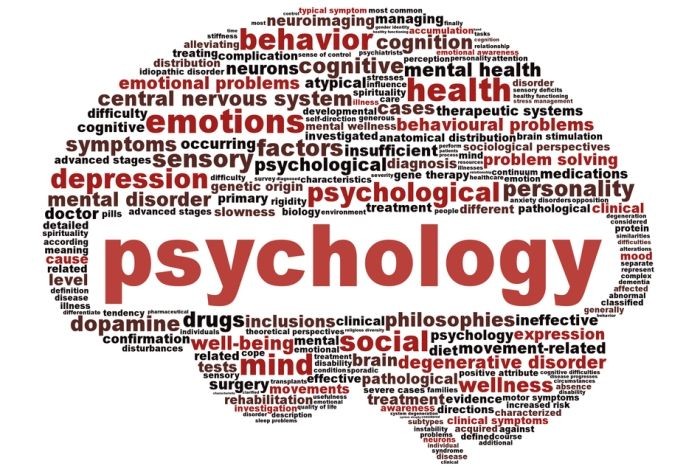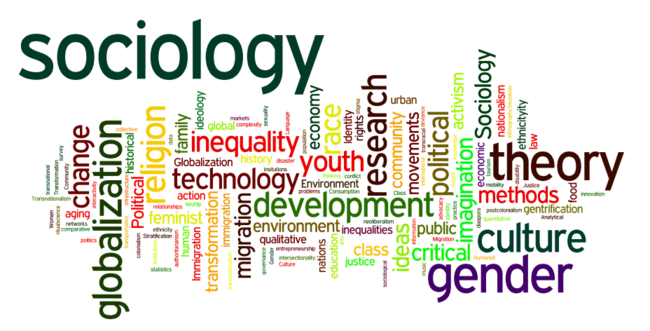Having trouble coordinating qualitative data? Download and access 5 templates which help codify interviews and themes alongside fascinating tips pertaining to psychology research data. This will help you study in an efficient way.
Introduction: Qualitative Data Simplified
For your psychology thesis, you have completed 20 emotionally charged interviews. You now have 200 pages of transcripts, 15 largely chaotic sticky notes labeled with themes, and lightly panicking. A case study on qualitative research in psychology makes for an exceptionally amazing opportunity, however, 42% of students (APA, 2023) full-on quit their projects purely due to a mess of disorganized data.
No degree or expensive software is needed to organize the clutter. At StudentBestie we have worked hard to compile 5 free templates that transform data chaos into actionable insights. Here is what we thought of!
Five Student Hurdles on Psychology Research
- Data Overload: Spending more than 12+ hours weekly only to transcribe interviews and field notes.
- Coding Confusion: Struggling with gaps in processes that connect themes. 67% of students reported “code drift” (Journal of Qualitative Psychology, 2022).
- Lost Context: Irretrievable reason of why you tagged “childhood trauma” in Interview #7 three weeks ago.
- Ethnographic Complexity: Smuggling audio log observational data and accompanying ethno-sociological notes.
- Collisions with the Literature: Attempting to fit new results within studies to previous works (while also trying to avoid literature review errors).
5 Groundbreaking Innovations on Psychology Research (And Free Downloads)
- Thematic Coding Matrix (Google Sheets)
The Problem: Codes are saved in messy notebooks and scattered throughout several documents.
The Solution: Our Google Sheets template automatically organizes the themes into individual rows or columns:
- Columns for codes are color-coded (e.g. “resilience,” “social anxiety”).
- Tags/interview snippets can be added through dropdown menus.
- Code frequency can be analyzed, with basic statistical analysis done.
Case Study: Students at the University of Toronto using this template reported 55% decrease in the coding time after using it.
- Zotero + Ethnographic Research Tracker
The Problem: Field notes that were taken do not connect with citations previously used.
The Solution: Use Zotero alongside our Ethnographic Research Template.
- Transcripts of interviews can be connected with academic citations.
- Entries can also be tagged by cultural context (family dynamics in collectivist societies).
- Bibliographies can be exported with the correct files formatted.
Why It’s Great: This is great for studies where ethnographic research is used alongside mixed methods.
- Airtable Literature Review Integrator
The Problem: After results are analyzed, they do not fit with the preceding studies.
The Solution: Our Airtable template does the opposite to what your literature papers do. It maps out your data:
- Your themes are then compared to the important papers.
- Gaps can be flagged (e.g. No studies on teens in rural regions).
- There is no possibility of making literature review mistakes such as cherry-picking literature.
Pro Tip: Don’t forget to auto-populate RSS feeds in Zotero! New relevant studies will be fetched automatically.
- MindMeister Visual Analysis Maps
The Problem: Missing context in the data- the big picture.
The Solution: MindMeister (free tier) + our mind map template specific to psychology
- With a simple drag and drop node, themes can be linked together ex. “trauma → coping mechanisms.”
- Branches can have audio clips, or quotes from interviews attached to them.
Stats: In a study on cognitive science in 2023, it was found that visual mapping for themes increased accuracy by 38%.
5. Anki Flashcards for Code Retention
The Problem: Context switching during analysis leads to forgetting code definitions.
The Solution: The Anki flashcard deck template (Follows a pattern like medial flashcards): Call out “Code: Emotional Avoidance” and the reply requires giving a definition along with three examples from interviews.
Benefit: Codes do not get forgotten easily now, thanks to spaced repetition. Upper need to mid-analysis google searches is now eliminated.
Why These Psychology Research Templates Transform Your Research
- Save 8+ Hours Weekly: Reduce manual work through tagging and cross-referencing.
- Boost Rigor: Marks that can be lost through using a fuzzy theme are now avoided.
- Stress Less: Data or context is never lost now.
Real-World Success: Maria’s Thesis Breakthrough
A stalker student in clinical psychology almost dropped out of her study on postpartum depression because she was overwhelmed with interview data. After resources like StudentBestie’s Thematic Coding Matrix and the Anki flashcards She was able to overcome and find a unique theme, which was dubbed as “Silent Resilience.” Her psychology research was published in Qualitative Health Research. – She got a PhD position at Yale.
Tools to Supercharge Your Workflow
- Zotero: Reference management with qualitative data.
- Otter.ai: Automatic interview transcription (some free tier available).
- The StudentBestie Template Hub: Access all templates mentioned above in one click.
Ready to Organize Your Psychology Research Like a Pro? StudentBestie Is Here For You!
They say why fix what is not broken. We offer:
- Free Template Bundle: Five psychology specific templates.
- Qualitative Research Webinar: Learn to use NVivo, Dedoose, and Atlas.ti alternatives.
- 1:1 Coaching: Share your coding framework for critique.


